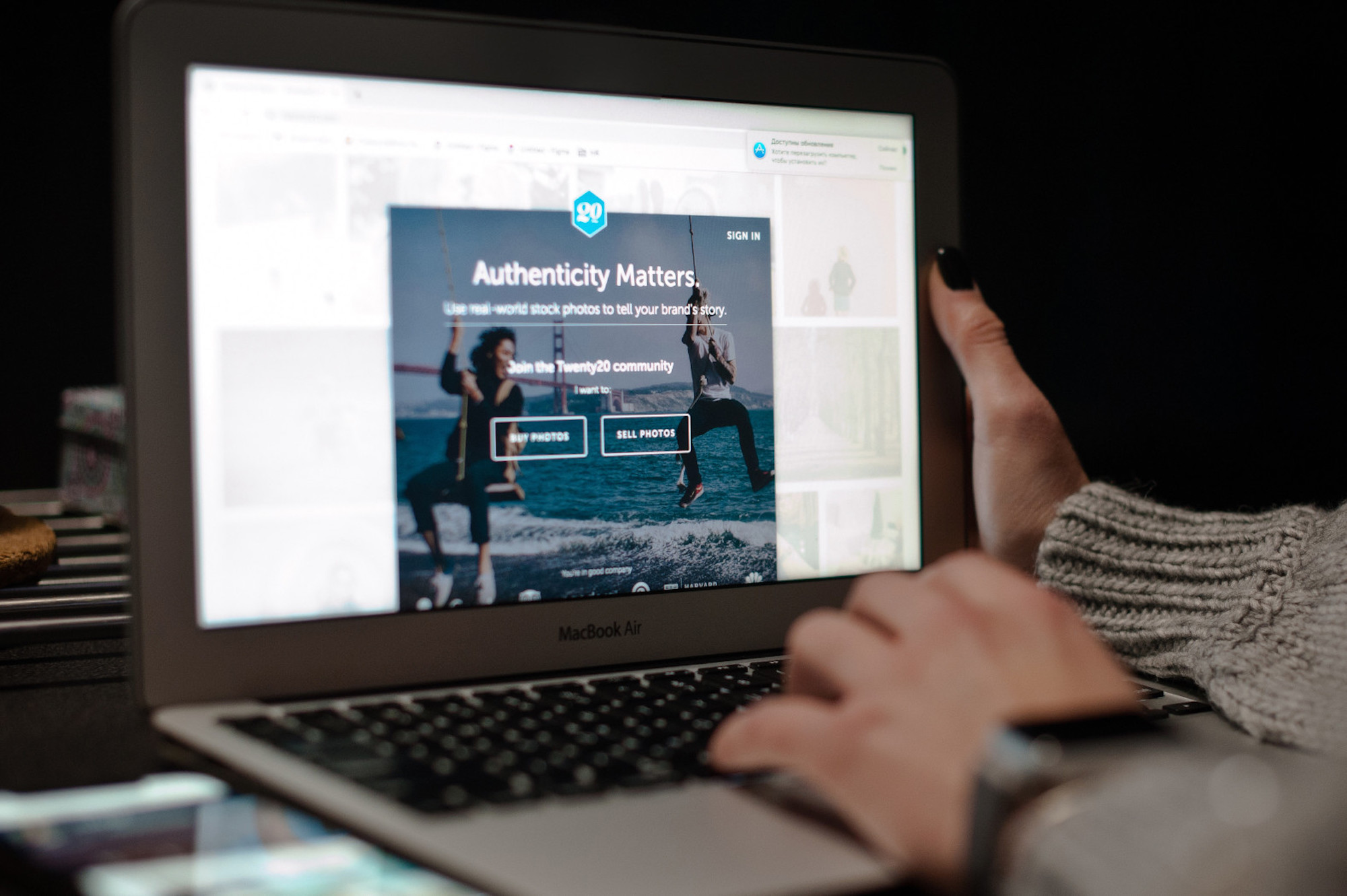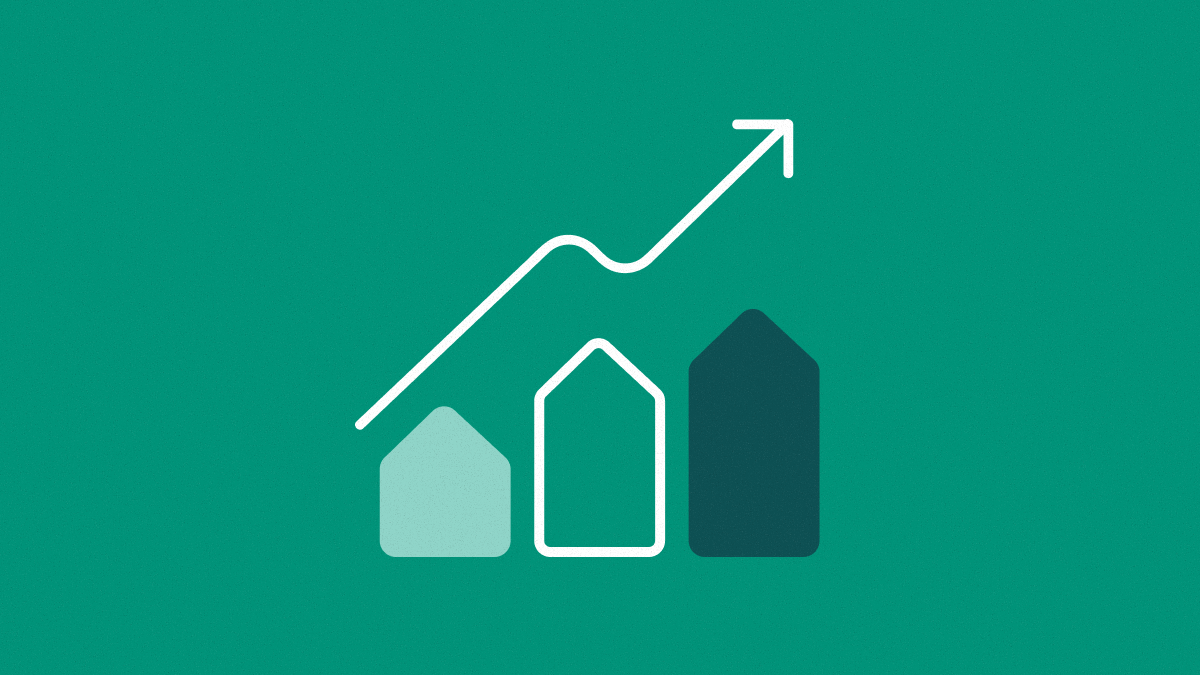A landing page is a website’s homepage or internal page that viewers access by clicking on a link. Typically designed to funnel viewers toward one specific offer. We are going to talk about landing page security tips that will help better your business in today’s post.
Landing Pages Can Serve Lots Of Different Purposes:
- Providing a special offer for a distinct group of people.
- Introducing your new product.
- Promoting a discount.
Here Are A Number Of landing Page Examples:

1. Bills.com
This page drives a specific type of behavior or illustrates a specific goal. This page is geared towards debt relief to help begin a sales cycle. Bills.com provides information and tips for consumers who might be struggling with debts. Any business should look forward to having this landing page.
2. Airbnb
This landing page has its iconic logo at the top. At the bottom of the page, you’ll see that the primary form easily draws the user’s attention. You can easily find a stock photograph or take your own images that help you draw attention to specific elements on the page as Airbnb has done.
3. 1Password
This is one of the best landing pages you’ll find and it belongs to 1password.com.
It has absolutely everything you’d want in a landing page that’s designed to boost conversion rates. You’ll also see that the pricing structure includes versions for individuals and families.
This landing page has lots of other goodies, including a list of benefits of each pricing structure, a FAQsection, and a second CTA.
High-Impact Lead Magnet Examples For Small Businesses
Here Are Proven Tips To Strengthen Your Lead Generating Landing Page’s Security

Use HTTPS On The Landing Page
When using HTTPS on the landing pages that generate leads, you will have to get an SSL Certificate for your website. This will cost you around $9 to $1650 that depends upon provider and types of SSL certificate but they will ensure that the site is fully secure.
There are SSL brands like GeoTrust SSL certificate at a budget price. You can install it on your server or let your hosting provider do it for you. It’s better to go with a paid certificate as you will enjoy many benefits along with 24/7 support.
After installation, check to ensure that all pages run on HTTPS. If you are using a CMS like WordPress, there are lots of free plug-ins like Really Simple SSL that you can use to check this.
Simply install, activate it, and follow all the prompts.
Utilize Website Security Plug-ins And Vulnerability Scanner Software
This is made easier by the availability of lots of website security extensions, plug-ins, and the vulnerability scanning software that will help you spot the risks on your landing pages and patch them immediately.
Here Are Some Of The Popular Security Plug-ins And Extensions:
- Fail2ban, Sucuri, and Theme Security for WordPress.
- Magefence, Amasty, and Wtchlog Pro for Magneto and antivirus website protection.
- JHackguard extensions for Joomla.
For the vulnerability scanning software, you may go with these free reputable ones for a start then you can upgrade as you go.
Ensure The Software You Use Is Updated
These tools increase efficiency, make our work easier but they may let you down at some point.
Here’s why outdated software plug-ins, etc. have lots of security vulnerabilities that can be exploited by crooks. Always check to ensure they are all up to date.
Besides, if you use a CMS like WordPress, Wix or Magento, etc., be sure to upgrade to the latest versions of the software often.
Cybercriminals are always on the lookout for website security to exploit.
If you don’t update your CMS when updates are released, it will be only a matter of time before cybercriminals catch up with you.
Avoid File Uploads On Your Landing Pages

It is not easy to discern the types of data that may contain such scripts especially images, because formats permit adding a comment section that may have PHP codes that hackers can execute on your server.
Hackers can upload malicious files to deliver scripts that if successfully executed on your website server, opens it up for many vulnerabilities.
Usually, the web servers do not execute files that come with image extensions.
Here Are A Few Tips To Help Counter Some Of This Risk
- Rename all the files that are uploaded on your website, so that you can be sure of the right file extensions.
- You should modify the file permissions to make them non-executable.
This will help you to permit access to specific data to safeguard you against attacks like double extensions attacks. You may also store the data in your database.
To access these files, create a unique script for fetching them from the private folders. If you’re using NET you will need an HTTP handler for this.
After fetching the files, you can then forward them to the browser. You will also need to set the right content type in your HTTP header to make sure that the src attribute that you use points to the right file delivery scripts.
Use A Content Delivery Network(CDN)
CDNs are designed to make access to your website hassle-free for all users worldwide. Once you sign up for the content delivery network, you get access to all servers worldwide. It also comes packed with lots of edge servers that help block potential Denial of Service (DOS) attacks on your landing pages.
Watch Your Error Messages
There are lots of reasons users on your website can get error messages on your landing pages. From incorrect file formats to large size files, especially if you permit them to upload files from your site. An attack may also upload wrong files to get error messages on their browsers.
Don’t disclose too many details regarding the errors as this may open some risk profiles that hackers can manipulate to open your site.
Conclusion
Website security is work in progress, and there is no single day you’ll be 100% safe from cyber attacks. However, implementing these landing page security tips will make your site hard to break.
Share at:ChatGPTPerplexityGrokGoogle AI
Post Written By:
James McMinn
James is a savvy digital marketing specialist with a Masters of Science in Internet Marketing. For the past fourteen years, he has been specializing in SEO, PPC & Marketing Strategy. He has a super sharp analytical mind and a finely tuned creative eye for marketing initiatives that optimize brands.


![]()


